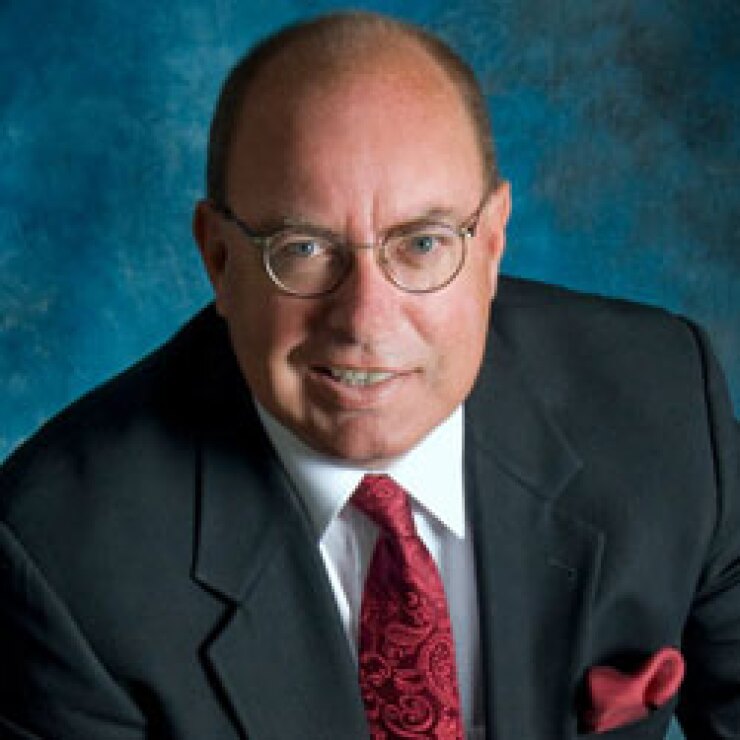
With the news coming out on Oct. 28 that the Federal Open Market Committee has ended bond purchases, finishing its third round of quantitative easing, my first reaction was to check the stock market.
The Dow Jones Industrial Average was down about 20 points just prior to the Fed's announcement, but dropped to about 70 points down following their statement. Keep an eye on the Dow in the days and weeks ahead. And, keep a close eye on the housing market while you're at it. Many see this adversely affecting the "recovering" housing market next year.
It is clear, in my judgment, that the Fed's announcement, which supposedly reflects how much better the economy is doing, that it is no coincidence that this news breaks exactly one week before an important election day.
Even today common sense rules the day, at least for just over 50% of Americans. And something else one needs to ponder; just who or what entities benefited from this Fed policy? It certainly wasn’t the middle class or working class. But it most certainly exacerbated "inequality" in this country.
Bloomberg reporter Mathew Boesler stated in a piece he authored on Oct. 28, "Greenspan Sees Turmoil as QE Boost to Markets Unwinds," that former Federal Reserve Chairman Alan Greenspan said he doesn't think the Fed can unwind years of extraordinary stimulus without causing turmoil in financial markets. Boesler quoted Greenspan as saying during an even at the Council on Foreign Relations in New York, "I don't think it's possible."
While it is hard to take what Greenspan says for granted, given the fact that he had no idea, apparently, that the housing crash was looming in 2006, it does give one pause. It is concerning, because it should be crystal clear to anyone who is paying attention that interest rates are going to rise in 2015. That will have noticeable negative impact on the housing market — a housing market that is definitely not in "recovery."
As I have stated in previous articles, we are not headed for another housing downturn as much as we are still in the major one caused by the housing bubble that burst in 2007-8. Affordability issues, looming interest rate hikes (as have been predicted by Federal Reserve Chairman Janet Yellen and others), too many FHA loans being made (this is the "new" subprime market), federal emphasis being placed on low-income borrowers (as seen in the recent push by the FHFA to have Fannie Mae loosen underwriting guidelines) and other factors are causing house prices to decline once again in many markets.
Rising interest rates in 2015 will contribute to further price declines, further wounding the housing market, which will also have a negative effect on the general economy.
All of these indicators, in addition to the likelihood that because quantitative easing has ended, even though the Fed said it will keep interest rates low "for a considerable time," as reported in CNN Money on Oct. 28, one might conclude that "considerable time" could simply mean "after the elections" and potentially quite soon after the new year.
A more conservative forecast of when interest rates might rise was proffered in the CNN Money piece by Paul Ashworth, chief economist at the research firm, Capital Economics. Ashworth said that rates will likely rise by next March.
In addition, he stated, "We still believe that the Fed will begin to raise rates sooner than generally expected."
Enough said about the "possibility" that interest rates will rise next year.
This coincides with my outspoken, somewhat contrarian view that foreclosure activity will be on the rise in 2015 and those professionals who specialize in foreclosures and REO had better not lose their touch for helping the mortgage servicing industry to manage, market, and dispose of distressed properties. Your professional services will again be in demand.
Lynn Effinger is a veteran of more than three decades in the housing and mortgage servicing industries and the author of a memoire, "Believe to Achieve The Power of Perseverance."





